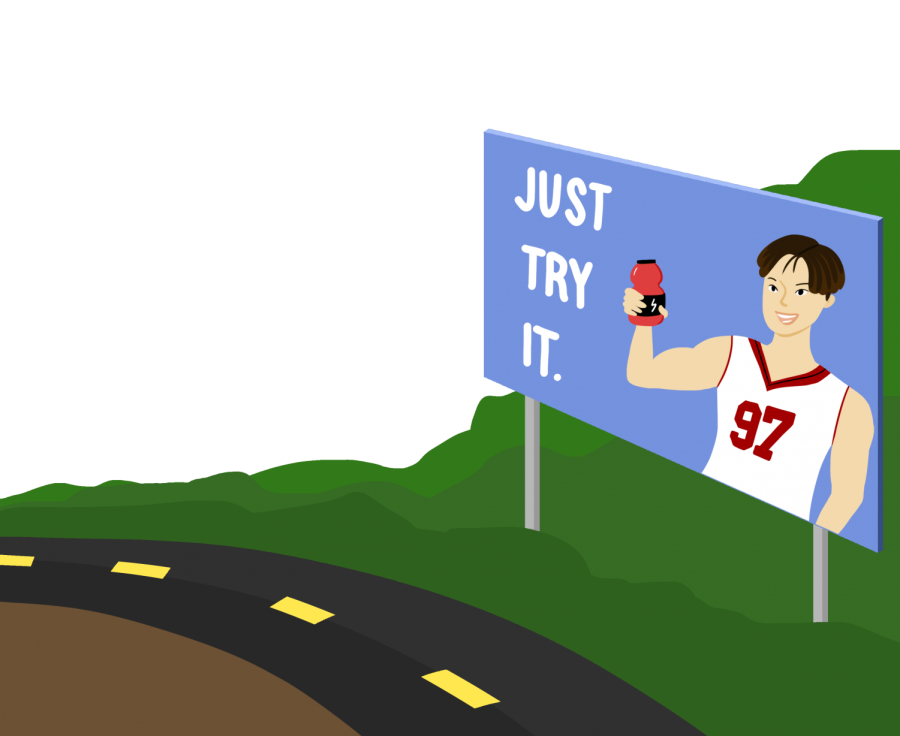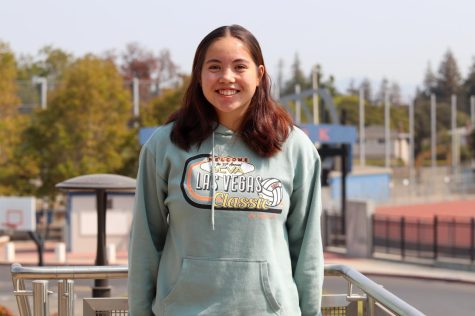NCAA takes steps toward compensation for athletes
NCAA takes steps toward compensation for athletes with the Fair Pay to Play Act
November 6, 2019
Prompted by Governor Gavin Newsom’s Fair Pay to Play Act, which allows student athletes in California to sign endorsement deals, the National Collegiate Athletic Association (NCAA) board voted unanimously to begin modifying rules that would eventually allow its athletes to promote their own images for profit starting Oct. 29. The decision is a step in the right direction if it employs the same changes as the Fair Pay to Play act, because it opens the door to new opportunities for college athletes, enabling them to receive compensation they deserve and were previously denied.
“While it isn’t enough right now, it’s a step in the right direction, and it’s showing the NCAA that they need to do something,” said sophomore Pranay Mameleti.
One reason that these sponsorship deals should not be banned is that some athletes need the money. Many athletes come from backgrounds with a poor financial situation, and during their time in high school, their families depended on them working to provide for the home. When they go away to college, they spend a majority of their time playing a sport and are no longer able to work a job and support their families. By letting their children, families are making a sacrifice to boost the school’s athletic success. When they are able to make money by promoting their talent, they can financially support their families at home and represent their schools.
For years, the debate concerning whether student-athletes should be paid or not has been centered around the country’s best mens’ basketball and football players, but the NCAA’s decision could very well benefit athletes competing in less mainstream sports.
“The better players are the ones who are going to get to play professionally, but it seems like it’s geared towards basketball and football,” said Ray Wright, a Lynbrook P.E. teacher and father of Ryan Wright, a Tulane University football player. “Athletes who play sports that don’t make huge amounts of money are going to be like, ‘I’m the star track athlete’ or ‘I’m the star golfer’ and I’m not getting any money. And that basketball or football player is getting a ton of money, even though the golfer might have more of a future in professional sports.”
However, athletes in less mainstream sports can also benefit from the decision. Collegiate golfers, gymnasts, ice skaters and other athletes work hard to perfect their abilities and reach a level of skill equal to that of athletes participating in more popular sports. Though these athletes might be offered fewer sponsorship deals, they can still use their skills to benefit from the act, albeit to a lesser extent. When they showcase their ability at the national and international levels, with some even representing the U.S. in the Olympics, players in every field will find opportunities for advertising deals. They will have to contend with the reality of inequality among different sports, but some pay is better than none at all. The NCAA’s prohibition of any deal has made it impossible for any athlete to earn money for their hard work; no matter how unequally applied, deregulation is a step in the right direction.
The NCAA board vote should follow the model of the Fair Pay to Play Act, which would eventually give players the rights to their own public image and allow them to receive the compensation warranted by their dedication to NCAA sports. The act challenges the NCAA’s control, an organization that brings in more than one billion dollars a year. The decision’s effect is still uncertain, but it does show the right intentions for the future of college athletics.




























































